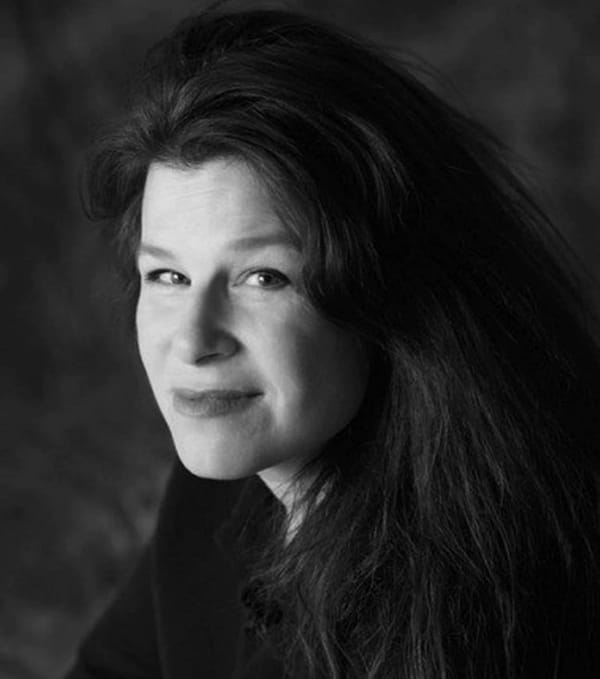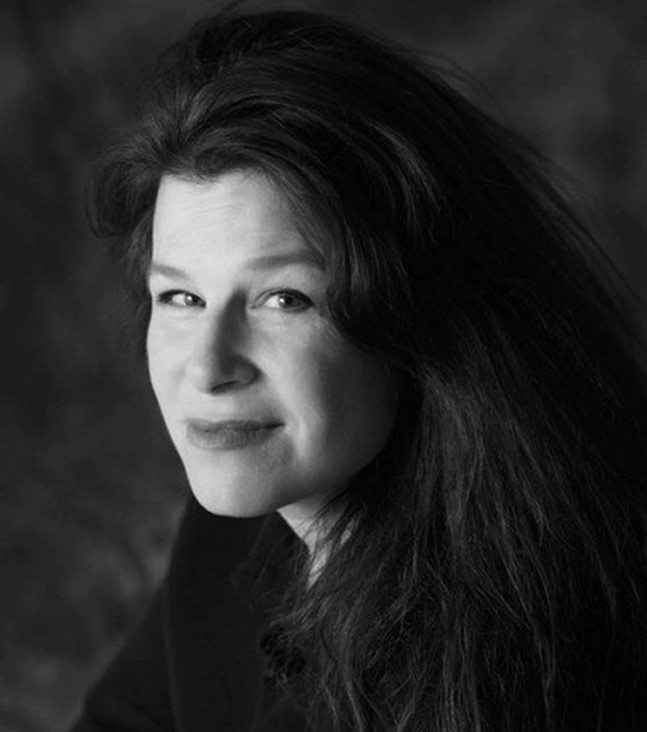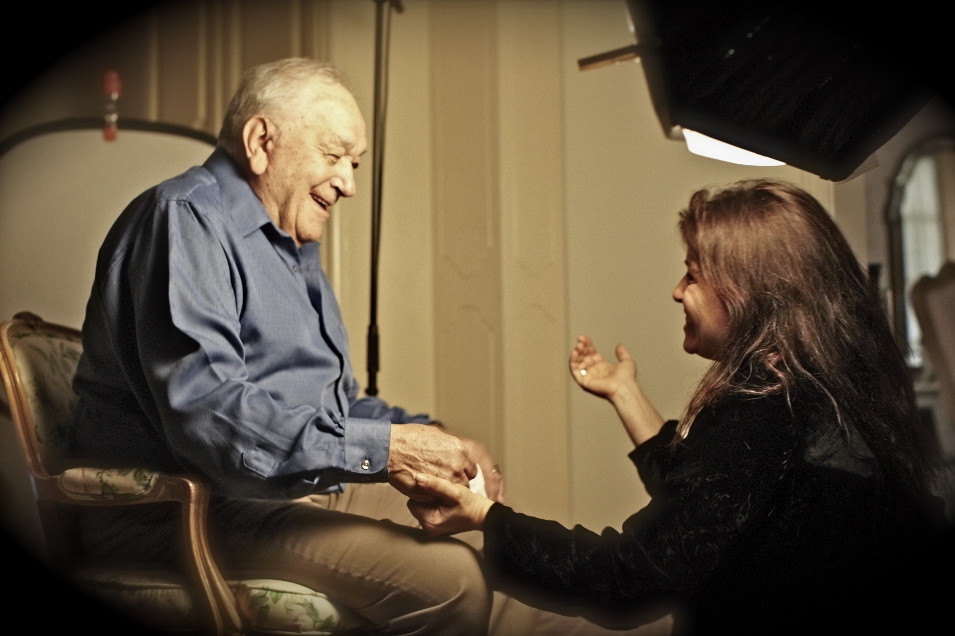The Rural We: Julia Mintz
She is the director of a film about Jewish partisans in WWII, to be screened at The Mahaiwe on Aug. 2.

She is the director of a film about Jewish partisans in WWII, to be screened at The Mahaiwe on Aug. 2.

On August 2, the Berkshire International Film Festival will screen the New England premiere of the award-winning “Four Winters: A Story of Jewish Partisan Resistance and Bravery During WWII” at the Mahaiwe Perfomring Arts Center. Despite extraordinary odds, over 25,000 Jewish partisans courageously fought back against the Nazis from deep within the forests of Eastern Europe, banding together in partisan brigades and engaging in the treacherous acts of sabotage. The film’s director, Julia Mintz, and partisan Michael Stoll, whose powerful story is featured in the film, will be in attendance for a post-screening discussion. Stoll is a Berkshires resident, and Mintz divides her time between Northampton and NYC. She tells RI why the story of Jewish partisans in World War II is a “wakeup call to attentiveness.”
At a time when we’re seeing a rise in hate, bigory, anti-semitism and racisim, it feels like this film is urgent in helping people understand that words and intentions have consequences. We’ve seen it in what happened with the invasion of the US. Capitol on January 6.
Through the portal of the partisans, we have an opportunity to meet people who were innocent, raised in loving families, forced to fight for their lives and the future of a people We can look back at who the partisans were and what they went through, and what the Jewish people went through at a time when the world turned upside down
Michael Stoll, who lives among your community, is a veteran soldier who lived this history and lived to tell the tale. He’s a human being who had to find a way back to to all the goodness that life can offer, yet live with the horrors of what a genocide is. He was willing to spend time with me and tell his story for all of us and for future generations to come. We’re blessed that he was willing to go back in time, to the most painful time of his life, so we could understand more deeply what happened, and understand the importance of resistance against such inhumanity.
Why now, why this film? Because it’s urgent that we find our voice, our courage to be brave in the face of brutality. If we can find our voice now, then we can hopefully say, never again. I also wanted to shatter the myth of Jewish passivity through a more refined lens, and the film addresses that myth.
This was a passion project of mine that I started over a decade ago. I knew that we were racing against a clock. I shot interviews with the partisans who were still alive, even before I had the other elements together. A lot of people shared what they hadn’t ever shared before.
“Four Winters” has been screened at multiple film festivals. After this presentation by BIFF, the documentary will be released commercially, opening at the Film Forum on September 16 as its world theatrical premiere for two weeks. Then it’ll go out to LA.
Shalom Yoran, a Jewish partisan, wrote in his memoir The Defiant:
“If there is a lesson to be gleaned, it is that no person should succumb to brutality without putting up a resistance. Individually it can save one’s life; en masse it can change the course of history.”
“Four Winters” is an example of that, of ordinary people doing extraordinary things.


